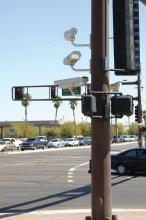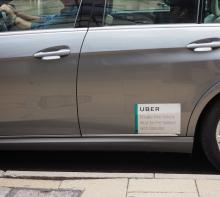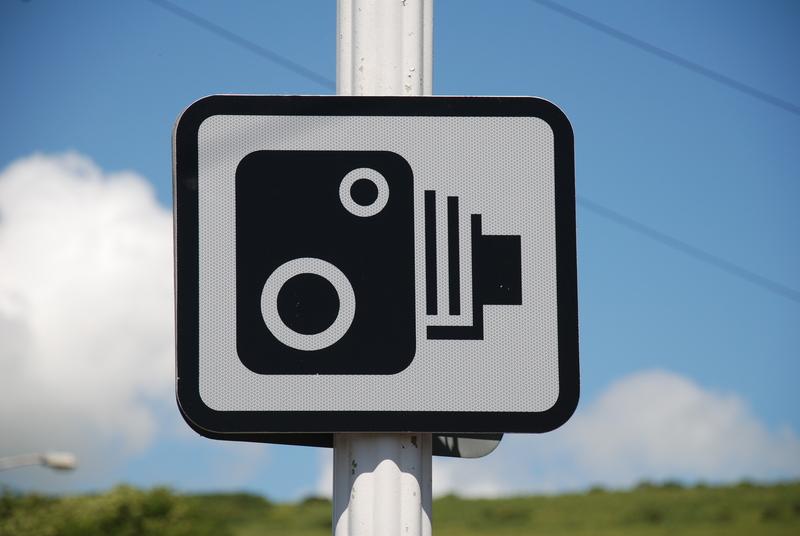The Washington State Supreme Court has ruled that a drunk driver and her passenger can sue the county and a utility company for a 2005 car crash, overturning a lower court's decision in a case involving a 2005 crash. The Supreme Court ruled that government entities have a duty to ensure roads are reasonably safe for public travel, even if the driver is at fault. The controversial decision means cities, counties and utility companies can be held liable when faulty road designs lead to injuries in car crashes
The Washington State Supreme Court has ruled that a drunk driver and her passenger can sue the county and a utility company for a 2005 car crash, overturning a lower court's decision in a case involving a 2005 crash. The Supreme Court ruled that government entities have a duty to ensure roads are reasonably safe for public travel, even if the driver is at fault.
The controversial decision means cities, counties and utility companies can be held liable when faulty road designs lead to injuries in car crashes, even if the driver is drunk.
The driver and her passenger had both been drinking and were injured when their car ran off the road and slammed into a utility pole that was reportedly closer to the roadway than guidelines dictated.
Court documents show that county utility poles are supposed to include a three metre "clear zone" from the roadway, but the pole that was hit in 2005 was just over 1.2 metres away from the road. Those same documents show that the driver was drunk and speeding at the time of the wreck.
The passenger, whose arm was disfigured in the crash, sued the driver, along with the county and power company for installing the pole too close to the road.
Justice Debra Stevens said a jury could limit or negate the liability of the county or the utility company on other legal grounds. Justice Jim Johnson disagreed, saying the ruling will leave taxpayers on the hook when criminal activity results in car crashes. "Washington taxpayers should not be forced to pay massive judgements to criminal motorists who cause injuries to themselves or their passengers.”
Representatives from the power company said they can't comment on pending litigation, but said "safety is a key priority" for the company
The controversial decision means cities, counties and utility companies can be held liable when faulty road designs lead to injuries in car crashes, even if the driver is drunk.
The driver and her passenger had both been drinking and were injured when their car ran off the road and slammed into a utility pole that was reportedly closer to the roadway than guidelines dictated.
Court documents show that county utility poles are supposed to include a three metre "clear zone" from the roadway, but the pole that was hit in 2005 was just over 1.2 metres away from the road. Those same documents show that the driver was drunk and speeding at the time of the wreck.
The passenger, whose arm was disfigured in the crash, sued the driver, along with the county and power company for installing the pole too close to the road.
Justice Debra Stevens said a jury could limit or negate the liability of the county or the utility company on other legal grounds. Justice Jim Johnson disagreed, saying the ruling will leave taxpayers on the hook when criminal activity results in car crashes. "Washington taxpayers should not be forced to pay massive judgements to criminal motorists who cause injuries to themselves or their passengers.”
Representatives from the power company said they can't comment on pending litigation, but said "safety is a key priority" for the company






